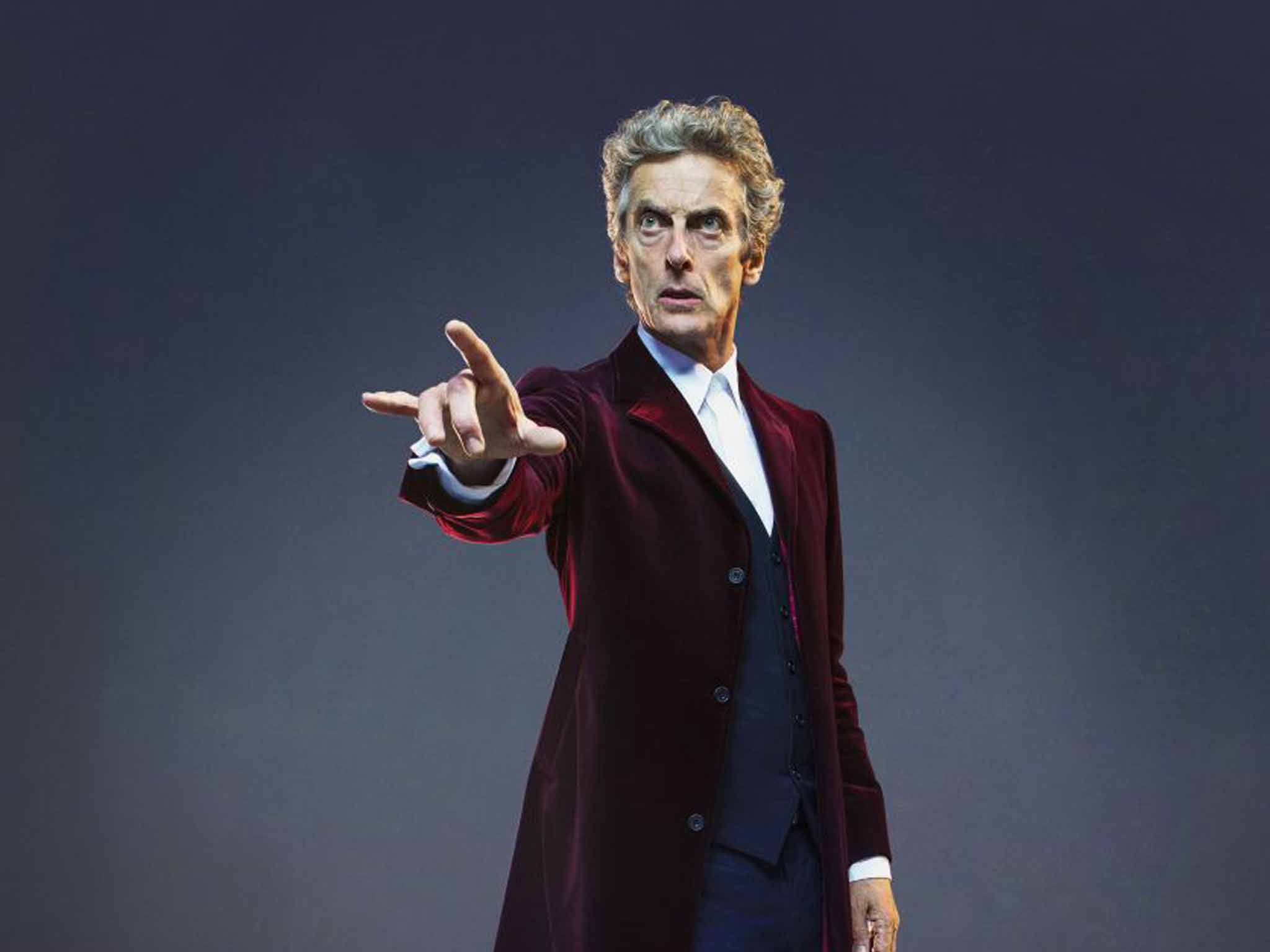BBC 'biased against Labour because it is scared of major Tory reforms'
'Who are the people who listen to The Archers, watch Strictly and listen to the Today Programme? In large part, they are Tory voters'

Your support helps us to tell the story
From reproductive rights to climate change to Big Tech, The Independent is on the ground when the story is developing. Whether it's investigating the financials of Elon Musk's pro-Trump PAC or producing our latest documentary, 'The A Word', which shines a light on the American women fighting for reproductive rights, we know how important it is to parse out the facts from the messaging.
At such a critical moment in US history, we need reporters on the ground. Your donation allows us to keep sending journalists to speak to both sides of the story.
The Independent is trusted by Americans across the entire political spectrum. And unlike many other quality news outlets, we choose not to lock Americans out of our reporting and analysis with paywalls. We believe quality journalism should be available to everyone, paid for by those who can afford it.
Your support makes all the difference.Labour MPs have criticised the "unprecedented bad blood" between the Culture Secretary and the BBC, claiming the broadcaster is "spooked" by Government threats.
Former culture minister David Lammy said John Whittingdale was bullying the broadcaster by pre-briefing the press ahead of publishing a White Paper on BBC charter renewal.
He claimed Mr Whittingdale was attempting to undermine the BBC ahead of a "hatchet job" on its operations.
Meanwhile, Labour frontbencher Justin Madders accused BBC1's Sunday Politics show of bias against his party because it was "spooked" by the Tory plans.
The White Paper could reportedly be published as soon as Thursday and will set out a tougher new regime as part of a proposed deal to grant a new Royal Charter to safeguard the service for another 11 years.
Reports suggest Mr Whittingdale plans to force the BBC to publish how much it pays top talent earning over £150,000 and impose scheduling restrictions to stop it showing hit shows like Strictly Come Dancing at prime time, going head to head with commercial broadcasters.
The Observer reported that at least 20 Tories in the Commons and Lords are ready to oppose the White Paper and attempt to force the Government into another U-turn following climbdowns on forced academisation and admitting child refugees from Europe.
Mr Lammy insisted the BBC should be supported, telling the Murnaghan programme on Sky News: "The bad blood we are seeing between Whittingdale and the BBC is unprecedented.
"The pre-briefing we're seeing, tinkering with schedules, now going on about pay, it's very, very threatening to an institution that's loved, that needs to reform - and I've given the BBC a hard time about diversity...
"But, that said, this is a great institution that deserves to be supported and some of this pre-briefing nonsense, it's really about undermining and softening the place up to do a hatchet job."
An unnamed Tory backbencher told the Observer that Whittingdale’s plans could lead to further disagreement in the Conservative Party, which has already made several U-turns in recent weeks on important parts of legislation: “Any government pan that appears to be anti-BBC, and above all to question its independence, would not go down well with a significant number of Tory MPs.
“Who are the people who listen to The Archers, watch Strictly and listen to the Today Programme? In large part, they are Tory voters.”
Plans are reported to include a rule that will force the BBC to move their most popular shows, such as Doctor Who and Strictly Come Dancing, out of prime-time weekend slots to avoid “competitive clashing” with rival networks.
Mr Whittingdale also plans to heavily scrutinise the network’s spending, including forcing the BBC to reveal how much it pays TV and radio stars such as Graham Norton and Chris Evans.
The licence fee may also be split and shared with commercial broadcasters in order to fund children’s programming on rival networks.
“Under the current rules for the royal charter and charter renewal, decisions rest entirely with the government,” Lord Fowler told the Observer.
“There is no parliamentary scrutiny, no vote in parliament and no appeal. It is utterly undemocratic… and it is no way to treat an organisation as precious to our country as the BBC.”
Join our commenting forum
Join thought-provoking conversations, follow other Independent readers and see their replies
Comments